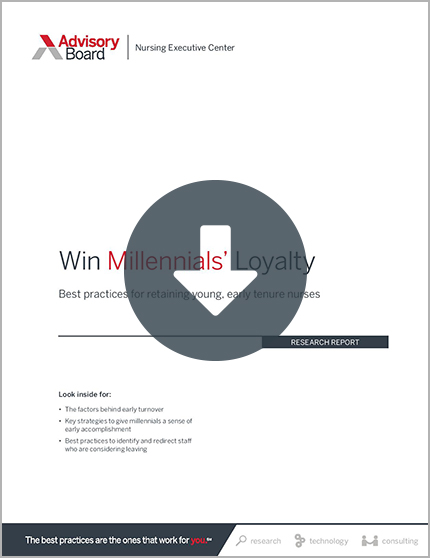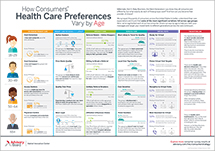Auto logout in seconds.
Continue LogoutBy Ben Palmer, Staff Writer
Millennials spend nearly twice as much on health care as previous generations—even though they have less money to spend overall, according to a report from the Federal Reserve.
How millennials are (and aren't) different from prior generations
The report found that millennials' spending habits are, by and large, similar to those of the generations before them. "We find little evidence that millennial households have tastes and preference for consumption that are lower than those of earlier generations, once the effects of age, income, and a wide range of demographic characteristics are taken into account," the authors said.
But there are important exceptions. Millennials spend more on housing than prior generations, and they're spending a lot more on education.
Those two trends may be linked: According to Lowell Ricketts, lead analyst for the Center for Household Financial Stability at the Federal Reserve Bank of St. Louis, the rise in student loan debt may be contributing to the decline in homeownership for millennials.
And then there's the other big outlier: Millennials spend much, much more on health care.
Why do millennials spend so much on health care?
Based on the available data, the report found millennials spend nearly twice as much on health care as the previous two generations. In 2016, for instance, the typical millennial-led household devoted about 6.2% of its overall spending to health care. By comparison, when baby boomers were the same age, only 3.5% of their spending was devoted to health care.
So what's driving the increase? Above and beyond the nationwide increase in health care costs over time, a contributing factor appears to be the Affordable Care Act, which requires most people, including millennials, to purchase health insurance.
Due to the ACA's requirements, more millennials are insured—and paying for their insurance out-of-pocket—than was the case for prior generations at the same age. (It's worth noting that the Federal Reserve's data on health care spending did not include costs for employer-based health insurance.)
And further research shows that millennials aren't just spending more money on health care than their predecessors—they also have distinctive preferences for the care they receive.
What millennials want from their providers
Across the last few years, Advisory Board has surveyed thousands of consumers across the United States to better understand how care expectations vary by age.
Among the key takeaways:
- Millennials are much more cost-conscious than older generations. When asked to rank 56 attributes of primary care by importance, millennials ranked a free provider visit as their most-preferred option. Older generations, by comparison, are more willing to pay extra for access and convenience.
- Millennials won't hesitate to shop around for care. About a third of patients aged 18 to 29 said they had broken a referral to see a specialist of their choosing—as compared to only 7% of patients over the age of 65. Younger patients also were more likely to search for a provider online and to write online reviews.
- Millennials are ready for telemedicine. Among patients ages 18 to 29, 67% said they would consider a virtual visit if in-person care was unavailable on the day they needed care—and for the cohort of patients aged 30 to 49, which includes some older millennials, that figure rises to 73%. By comparison, just 58% of patients over the age of 65 expressed the same openness to virtual care.
So while millennials' spending habits may not be drastically different from previous generations, they do have distinctive demands for their health care providers. They're socially connected, they're cost-conscious, and they want to fit care into their busy lives, whether through nontraditional hours or through telemedicine.
Millennials 101: What they want from their jobs, their PCPs, and more
Millennials are now the largest living generation—which means they're poised to become the backbone of your workforce and top utilizers of everything from primary care to maternity services to virtual visits. To help you understand this generation, we've collected some of our best resources on millennials.
Don't miss out on the latest Advisory Board insights
Create your free account to access 1 resource, including the latest research and webinars.
Want access without creating an account?
You have 1 free members-only resource remaining this month.
1 free members-only resources remaining
1 free members-only resources remaining
You've reached your limit of free insights
Become a member to access all of Advisory Board's resources, events, and experts
Never miss out on the latest innovative health care content tailored to you.
Benefits include:
You've reached your limit of free insights
Become a member to access all of Advisory Board's resources, events, and experts
Never miss out on the latest innovative health care content tailored to you.
Benefits include:
This content is available through your Curated Research partnership with Advisory Board. Click on ‘view this resource’ to read the full piece
Email ask@advisory.com to learn more
Click on ‘Become a Member’ to learn about the benefits of a Full-Access partnership with Advisory Board
Never miss out on the latest innovative health care content tailored to you.
Benefits Include:
This is for members only. Learn more.
Click on ‘Become a Member’ to learn about the benefits of a Full-Access partnership with Advisory Board
Never miss out on the latest innovative health care content tailored to you.


